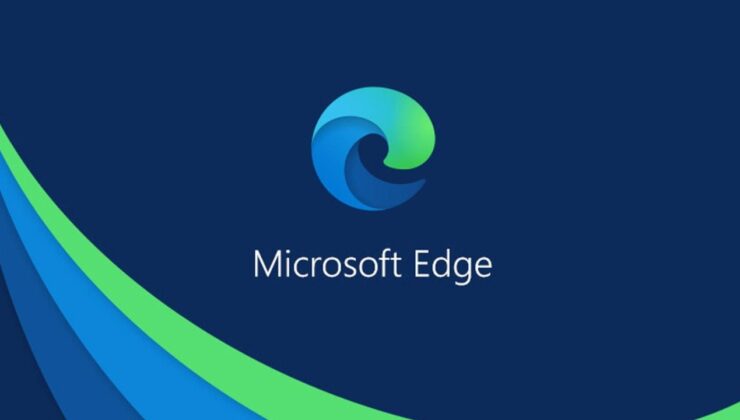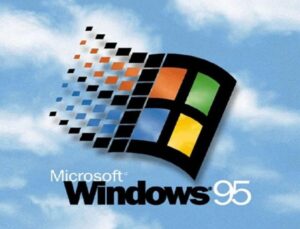Introduction to Microsoft’s Recent Changes in the EU
In response to the European Digital Markets Act, Microsoft has implemented several modifications to enhance user choices and comply with new regulatory standards within the European Union. Notably, users now have the ability to remove specific pre-installed components such as the Microsoft Store, and are less pressured to adopt default settings like the Microsoft Edge browser or Bing search engine unless they opt to do so.
Enhanced User Autonomy within the EU
With these updates, Windows users in the European Economic Area are presented with a more transparent and accessible selection process during the initial setup or when installing updates. They encounter a dedicated screen offering a variety of options, which include popular browsers like Google Chrome, Mozilla Firefox, Brave, and others, alongside alternative search engines such as Google and DuckDuckGo. This contrasts with previous versions where Microsoft’s own products were prioritized, often making it difficult for users to choose non-Microsoft alternatives.
Legal Context and Regulatory Impact
These changes are a direct result of the European Union’s laws against monopolistic practices. The regulations aim to foster fair competition by giving consumers more control over their software environment, ensuring that they are not coerced into using Microsoft’s default services. Consequently, Windows 10 and Windows 11 now feature a prominent prompt that clearly presents options for setting default browsers and search engines, empowering users to make informed decisions.
Implications for Microsoft’s Business Model
This regulatory framework is prompting Microsoft to rethink its business strategies, moving away from tightly integrated default services towards a more open and competitive marketplace. Ultimately, the law seeks to benefit consumers by providing a broader selection of software options, thereby encouraging innovation and fair competition among tech companies.
 02:00
02:00




 News
News
 Tech
Tech
 Tech
Tech
 Tech
Tech
 Tech
Tech
 Tech
Tech
 Tech
Tech







